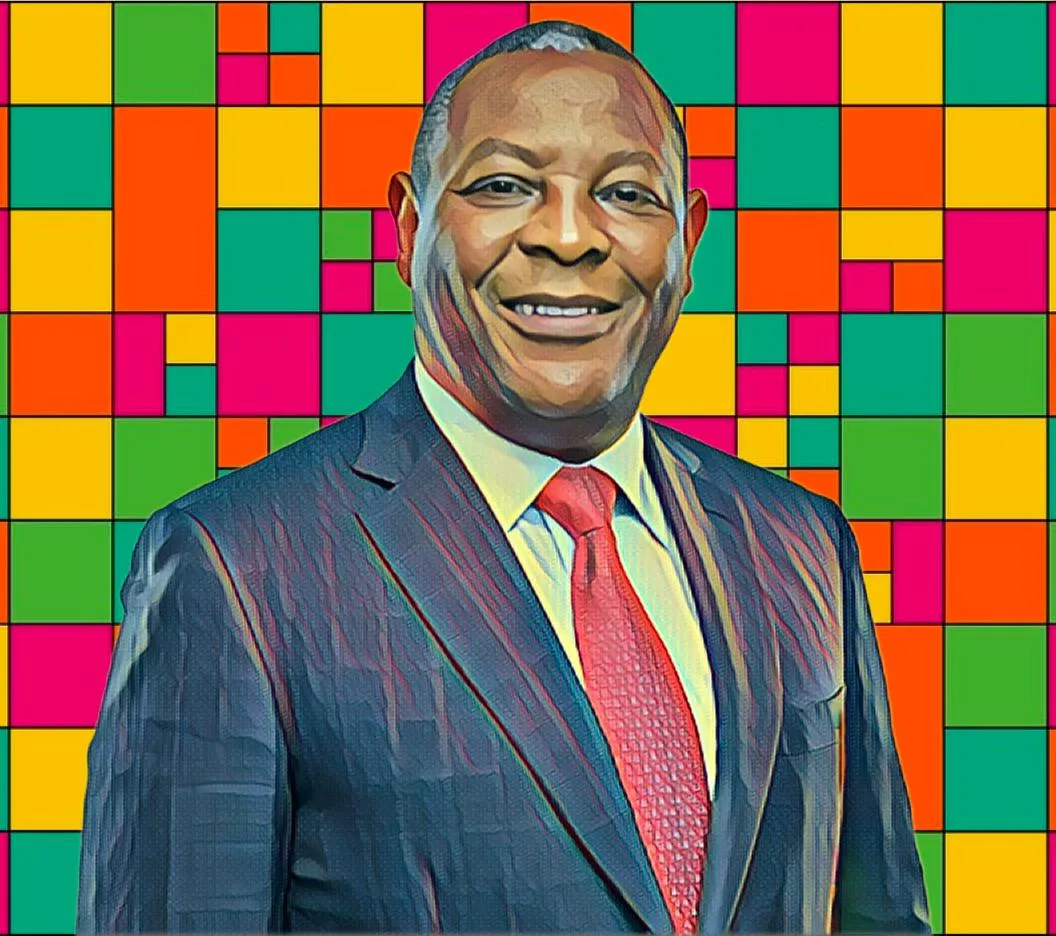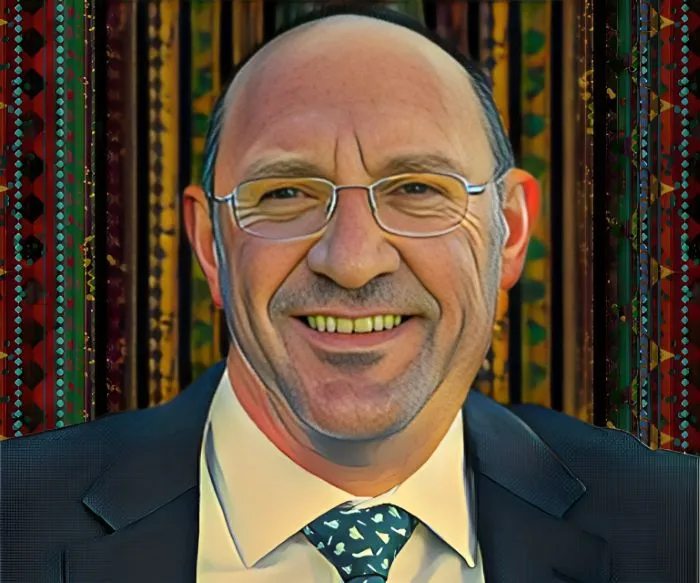Table of Contents
Key Points
- Equity Bank and IFC unveiled a $20 million Risk Sharing Facility to improve financial access for refugees and host communities in Kenya.
- The facility aims to break financial barriers, supporting Equity’s plan to create 5 million businesses and 25 million jobs by 2030.
- Under CEO James Mwangi, Equity Bank’s customer base grew 10.73% to 19.6 million in 2023, reinforcing its position in East Africa’s banking sector.
Equity Bank, the flagship banking subsidiary of Equity Group led by Kenyan banker James Mwangi, has launched a transformative initiative in partnership with the International Finance Corporation (IFC) to improve financial access for underserved communities, including refugees and their hosts.
The $20 million Risk Sharing Facility (RSF), developed in collaboration with the IFC, was unveiled in Kakuma, Turkana County, and will extend its reach to 14 counties, including those hosting the Kakuma and Dadaab refugee camps.
Expanding financial inclusion and entrepreneurship
As the first of its kind globally, the RSF aims to break down barriers to finance for refugees and host communities. It aligns with Equity’s Africa Recovery and Resilience Plan (ARRP), which seeks to create 5 million businesses and 25 million jobs by 2030. By improving access to credit, the facility will enable entrepreneurs in some of Kenya’s most underserved regions to build sustainable livelihoods and contribute to economic growth.
Speaking on behalf of Equity Group CEO James Mwangi, Equity Bank Kenya Managing Director Moses Nyabanda highlighted the significance of the partnership. “This initiative is a game-changer for financial inclusion. By making credit more accessible, we are opening doors for refugees and host communities to build better futures and drive local economic development,” he said.
The RSF reflects a shared commitment between Equity Bank and IFC to create lasting economic impact. With IFC covering 50 percent of the risk exposure, the facility will provide financing to businesses traditionally excluded from formal banking systems. It also addresses a major funding gap faced by Kenyan micro, small, and medium enterprises (MSMEs), unlocking entrepreneurial potential and creating jobs.
By making credit more accessible, the RSF is expected to help communities move toward self-reliance, strengthen local economies, and support sustainable development efforts.
Equity Bank’s commitment to growth and inclusion
Equity Bank’s expansion strategy is deeply rooted in inclusive growth. Under CEO James Mwangi’s leadership, the bank has significantly increased its customer base, growing from 17.7 million in 2022 to 19.6 million in 2023—a 10.73 percent rise.
The group’s total assets also grew by 6 percent to Ksh1.75 trillion ($13.57 billion), reinforcing its position as one of East Africa’s largest financial institutions. Beyond financial expansion, Equity has remained committed to social impact, with ongoing initiatives to promote gender equity and employee welfare.
The launch of the RSF represents a milestone in Equity Bank’s mission to drive financial inclusion and tackle systemic challenges in marginalized communities. By pioneering this risk-sharing model, Equity and IFC are setting a precedent for other organizations to follow, creating new pathways for economic empowerment across Africa.









